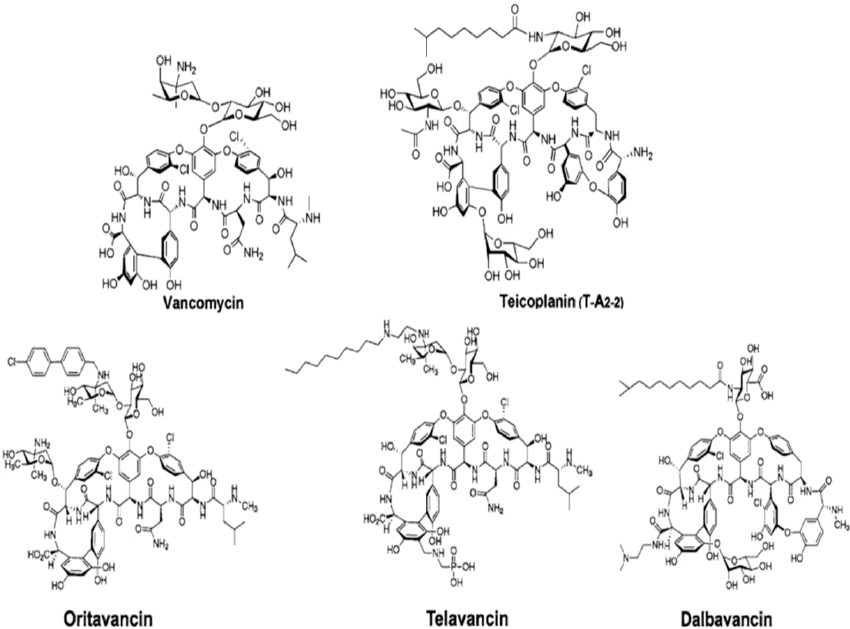| A Heidari* | |
| Faculty of Chemistry, California South University, 14731 Comet St. Irvine, CA 92604, USA | |
| *Corresponding Author : | A Heidari Faculty of Chemistry, California South University 14731 Comet St. Irvine, CA 92604, USA E-mail: Scholar.Researcher.Scientist@gmail.com |
| Received: March 17, 2016 Accepted: March 17, 2016 Published: March 24, 2016 | |
| Citation: Heidari A (2016) Biochemical and Pharmacodynamical Study of Microporous Molecularly Imprinted Polymer Selective For Vancomycin, Teicoplanin, Oritavancin, Telavancin and Dalbavancin Binding. Biochem Physiol 5:e146. doi: 10.4172/2168-9652.1000e146 | |
| Copyright: © 2016 Heidari A. This is an open-access article distributed under the terms of the Creative Commons Attribution License, which permits unrestricted use, distribution, and reproduction in any medium, provided the original author and source are credited. | |
Visit for more related articles at Biochemistry & Physiology: Open Access
 |
| Figure 1 |
Make the best use of Scientific Research and information from our 700 + peer reviewed, Open Access Journals